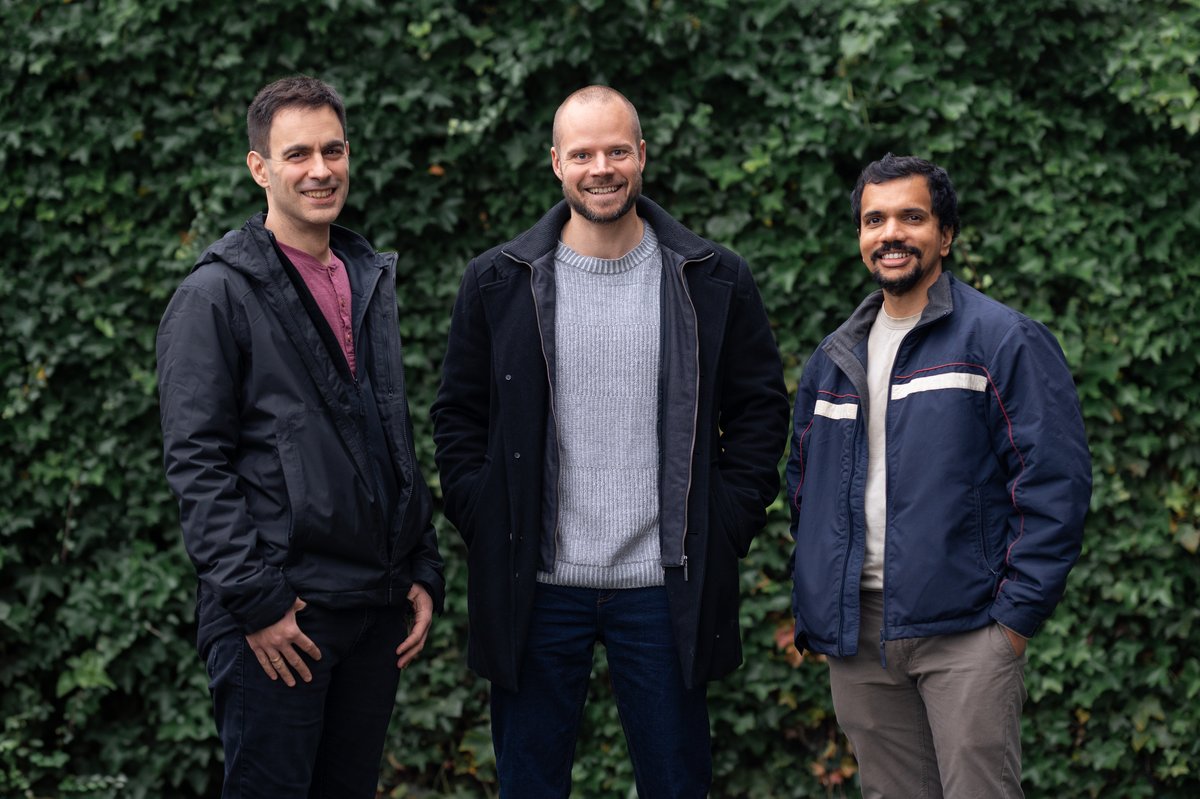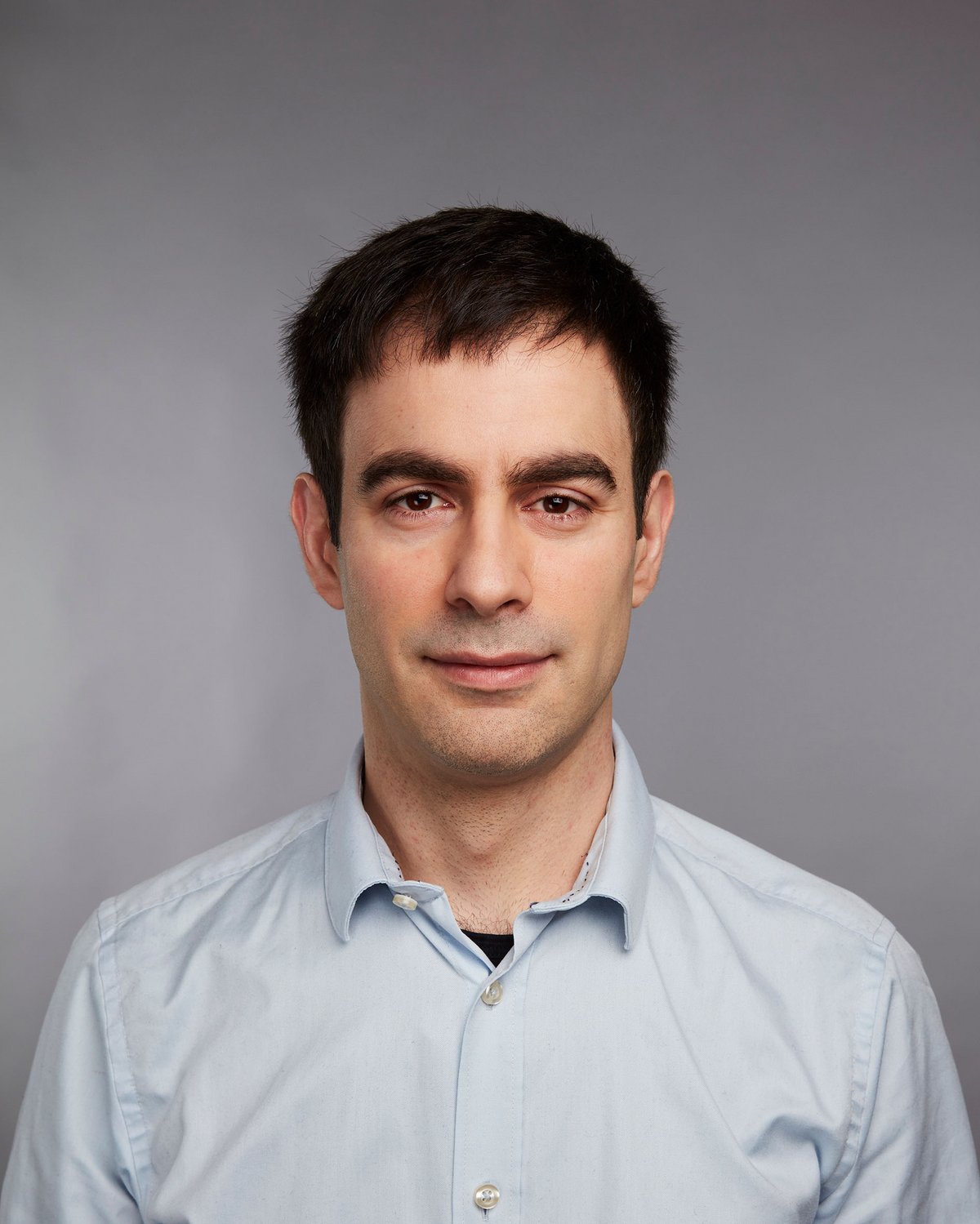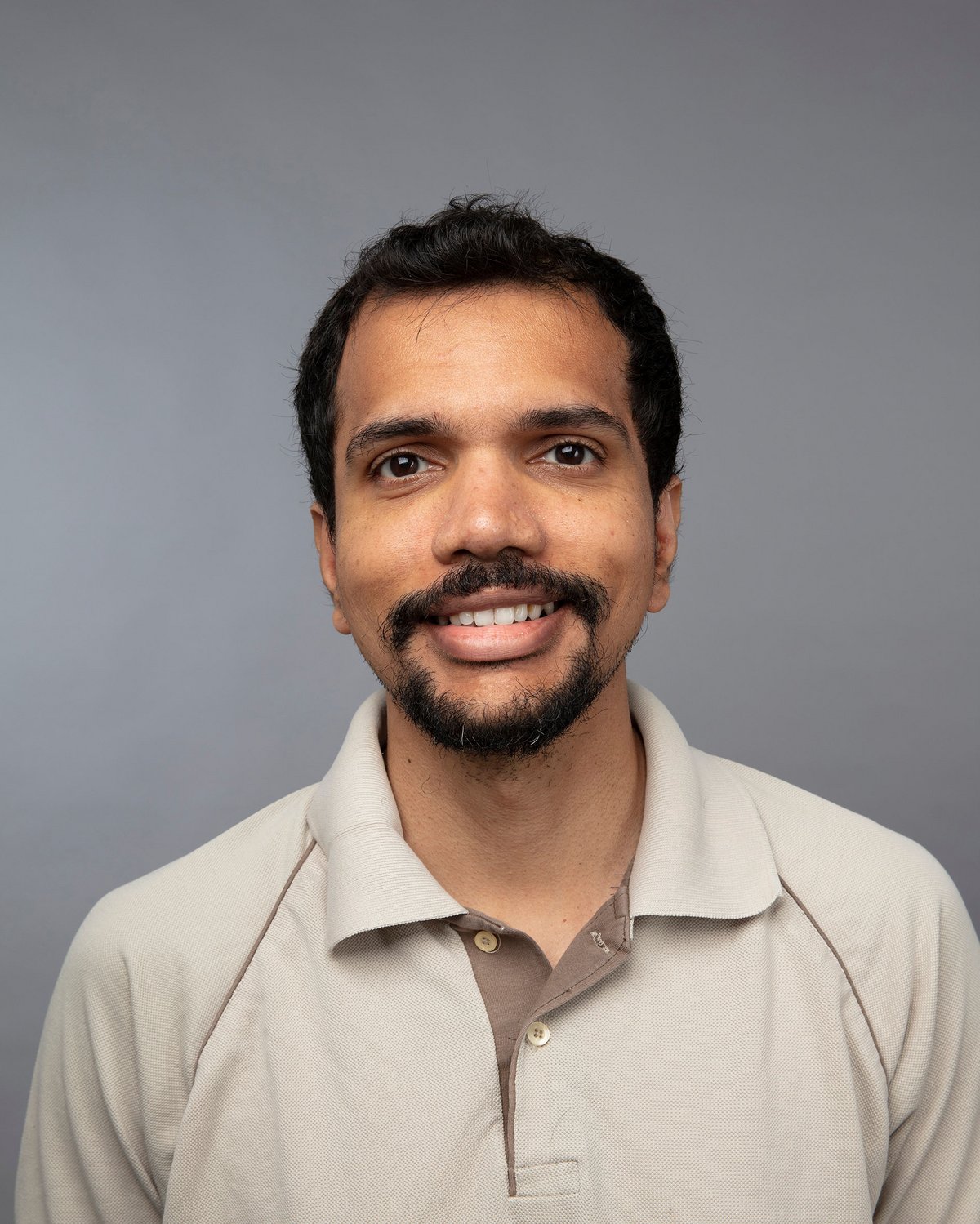
Huge congratulations to professors Claudio Orlandi and Kasper Green Larsen as well as Associate Professor Srikanth Srinivasan who all have received the prestigious ERC consolidator grant. This hattrick not only underscores their outstanding contributions but also positions our department at the forefront, with our researchers clinching 3 of the 14 ERC Consolidator grants awarded to Danish universities across all domains, and all awarded to Aarhus University. The ERC Consolidator Grant, a prestigious funding opportunity from the European Research Council under the Horizon Europe programme, is tailored to empower mid-career researchers in building and advancing their independent research teams to pursue their most promising scientific ideas.
In 2023, 308 out 2,130 applicants have been selected for this year’s Consolidator Grants across the three domains ‘Physical Sciences and Engineering’, ‘Life Sciences’, and ‘Social Sciences and Humanities’. The funding totals €627 million and will create around 1,800 jobs for postdocs, PhD students and other staff at the host institutions. Read more in the press release from ERC.

In our digital era, centralized systems pose a significant risk, susceptible to failures and targeted by malicious actors. A breach in these systems can result in devastating consequences for data confidentiality, integrity, and availability. The growing interest in decentralized cryptographic solutions, like Secure Multiparty Computation, Blockchains, and Threshold Cryptography, arises from a resilience against both external and internal threats. However, deploying these systems reveals a mismatch between theoretical assumptions and real-world scenarios, potentially leading to severe security consequences.
The DECRYPSYS project addresses this gap, aiming to design cryptographic systems with robust theoretical foundations. Focused on aligning abstract models with the dynamic reality of deployment, especially in decentralized systems and the challenges posed by quantum computing, the outcome aims to produce novel, efficient, and secure cryptographic protocols. All project results will be publicly accessible, contributing to the safeguarding of critical digital infrastructures for businesses and society.

Machine learning's transformative impact now extends across science, industry, and society. Within the TUCLA project, we're advancing our understanding of classic machine learning, focusing on key algorithms like Bagging and Boosting. Deep learning thrives at tasks like generative AI, image- and speech recognition, in particular when data and compute resources are abundant. Classic algorithms shine when data is more structured, tabular, or scarce. Our goal is to enhance classic machine learning, offering faster algorithms demanding less training data for accurate predictions. Three key objectives drive our project:
Innovative Learning Framework: Establishing a novel theoretical framework, we'll prove generalization bounds for learning algorithms. New Boosting algorithms will accurately predict with less training data, complemented by proof that no other algorithm can do better.
Parallel Boosting Algorithms: Designing parallel Boosting versions enables training with computationally expensive base learning algorithms, potentially also elevating Boosting's role in deep learning.
Bagging's Theoretical Applications: Recent breakthroughs reveal Bagging's optimal status in classic learning setups. We'll explore theoretical applications of Bagging in other crucial settings, contributing to our understanding and development of classic machine learning.

The ALBA project delves into the core inquiries of theoretical computer science: the relationship between efficient verification and efficient search, encapsulated in P vs. NP, and the potential speed-ups afforded by randomness in computation, encapsulated in P vs. BPP. Addressing these fundamental questions requires unveiling the inherent intractability of certain computational problems. The focus here is on understanding the complexity of algebraic quandaries like the Determinant and the Permanent within algebraic models of computation.
Recent breakthroughs by the Principal Investigator and collaborators have made strides in resolving a three-decade-old open question, revealing intractability for algebraic models of bounded depth—a step towards P vs. NP. Moreover, these results yield the first sub-exponential time deterministic algorithms for Polynomial Identity Testing (PIT), advancing progress on P vs. BPP.
Yet, this progress merely scratches the surface. The project aspires to surpass current benchmarks, aiming for groundbreaking achievements like proving the first lower bounds for algebraic formulas. It seeks to refine existing lower bounds to enhance Polynomial Identity Testing algorithms' speed and extend applications to finite fields. The exploration of these avenues promises insights into algebraic proof complexity and algorithm design, propelling theoretical computer science further into uncharted territories.
The ERC Consolidator Grant, a prestigious funding initiative by the European Research Council (ERC), serves as a catalyst for groundbreaking research endeavors. Aimed at mid-career researchers with a promising track record, this grant provides significant financial support to consolidate their research teams and pursue innovative projects.
In 2023, 308 researchers from 22 countries with 43 nationalities have received funding of a total of €627 million. The grants will create around 1,800 jobs for postdoctoral fellows, PhD students, and other staff at the host institutions. See the full list of grant recipients here: https://erc.europa.eu/sites/default/files/2023-11/erc-2023-cog-results-all-domains.pdf.
Read more about the ERC Consolidator grant at https://erc.europa.eu/apply-grant/consolidator-grant. The next deadline is December 12, 2023.
- Claudio Orlandi (2023, Consolidator Grant)
- Kasper Green Larsen (2023, Consolidator Grant)
- Srikanth Srinivasan (2023, Consolidator Grant)
- Lars Birkedal (2023, Advanced Grant)
- Hans Gellersen (2020, Advanced Grant)
- Claudio Orlandi (2018, Starting Grant)
- Susanne Bødker (2016, Advanced Grant)
- Ivan Bjerre Damgård (2014, Advanced Grant)
- Anders Møller (2014, Consolidator Grant)
- Jesper Buus Nielsen (2011, Starting Grant)